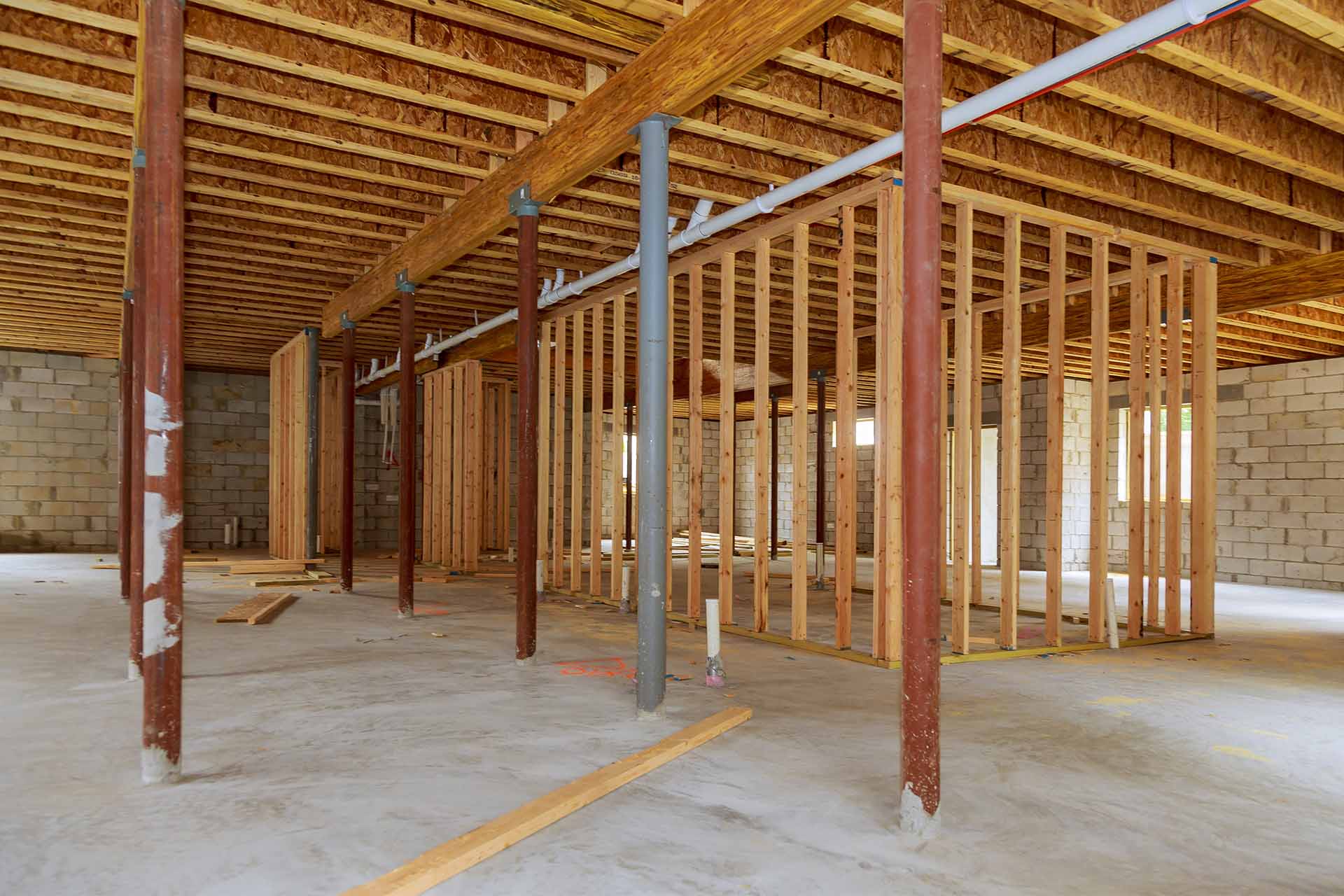When installed properly, a concrete floor is meant to prevent water from coming into your property. But this is not usually the case as water may stil
When installed properly, a concrete floor is meant to prevent water from coming into your property. But this is not usually the case as water may still seep up through the concrete floor. If left unattended, the seepage can damage the foundation of the building and cause the growth of mold and mildew that can lead to health issues.
Therefore, if you have noticed that water is seeping up through the concrete floor, you should do the following to stop it.
1. Find the source of water
The first step you need to take is to look for the source of the water seeping up through the concrete floor. In many instances, the source could be some cracks. Once you have found the source, you should also consider knowing the amount of moisture already on the floor.
2. Fill the cracks
If the water is seeping into the floor through cracks, it is crucial to fill up the cracks. By filling up the cracks, you can stop water from coming into your property and also limit the extent of damages.
For crack sealing, you need to get a concrete patching compound. Most home improvement stores have both concrete-like and pre-mixed concrete patching compounds; hence, you shouldn’t struggle with getting them. You need to clean the crack and then use a trowel to apply the compound to the affected areas.
As you seal up the cracks, water will not be able to come into the already porous and weak concrete. However, you must know that this is not a permanent solution. Hence, you need to explore other options to fix the issue permanently.
3. Install a French drain
Water seepage often occurs when there is waterlogged land around the foundation. In this case, the concrete floor will still experience seepage after numerous attempts to seal the cracks. Therefore, you need to install a French drain to reroute the water coming into the foundation of your property.
A French drain will send lots of water away from the foundation into a drainage basin. When this happens, the amount of water that gets to the concrete floor will reduce. Consequently, water seepage will reduce drastically or even stop.
4. Waterproof your basement
Is the water seeping up through the concrete floor from the basement? If yes, you need to invest in basement waterproofing. Notably, the type of basement waterproofing you need will depend on the level of water seepage as well as the sources. If the seepage is minor, an epoxy resin can come in handy to waterproof your basement. In other cases, a sump pump may be required for waterproofing your basement.
Nevertheless, you need to get in touch with an experienced contractor before doing anything. The contractor will be able to proffer the best basement waterproofing solutions for your property. The professional may also help you to locate other sources of water seepage in your home.
In conclusion, you should never allow water seepage to destroy your property. You should follow the steps above to prevent water from coming into the concrete floor of your house.

